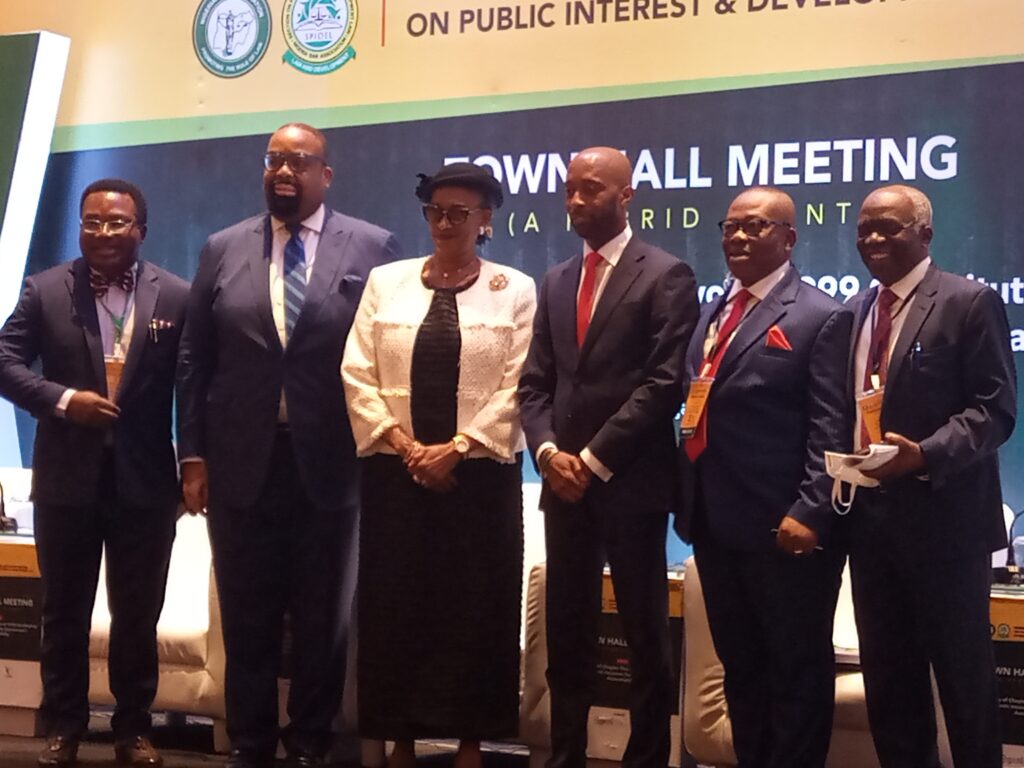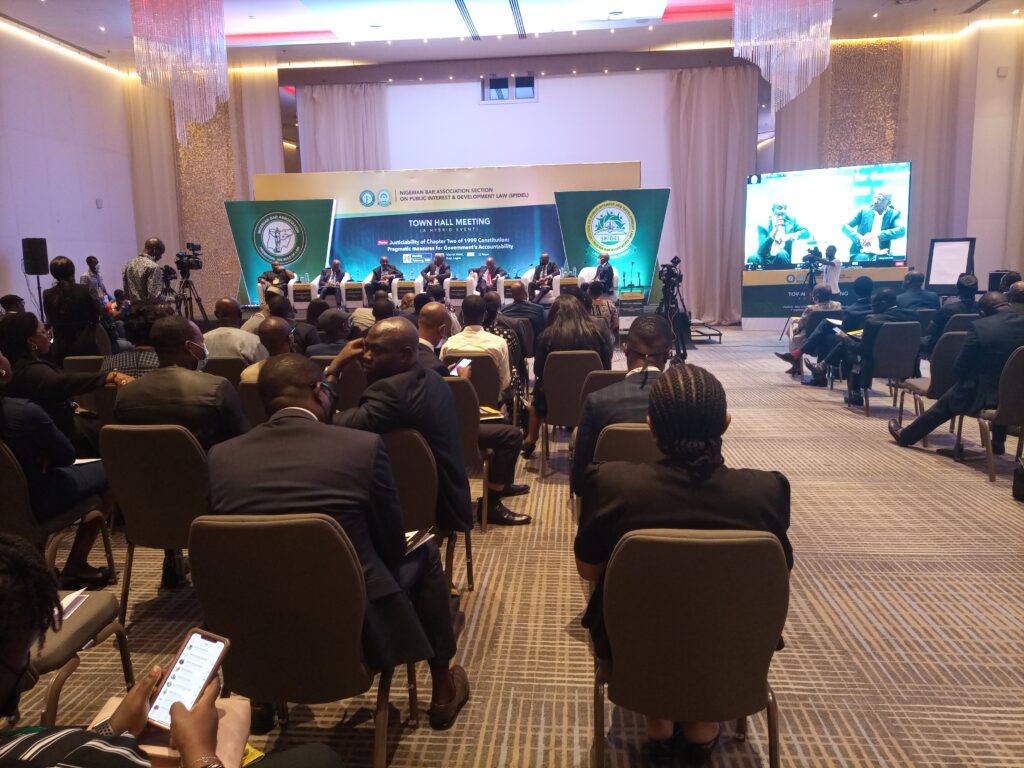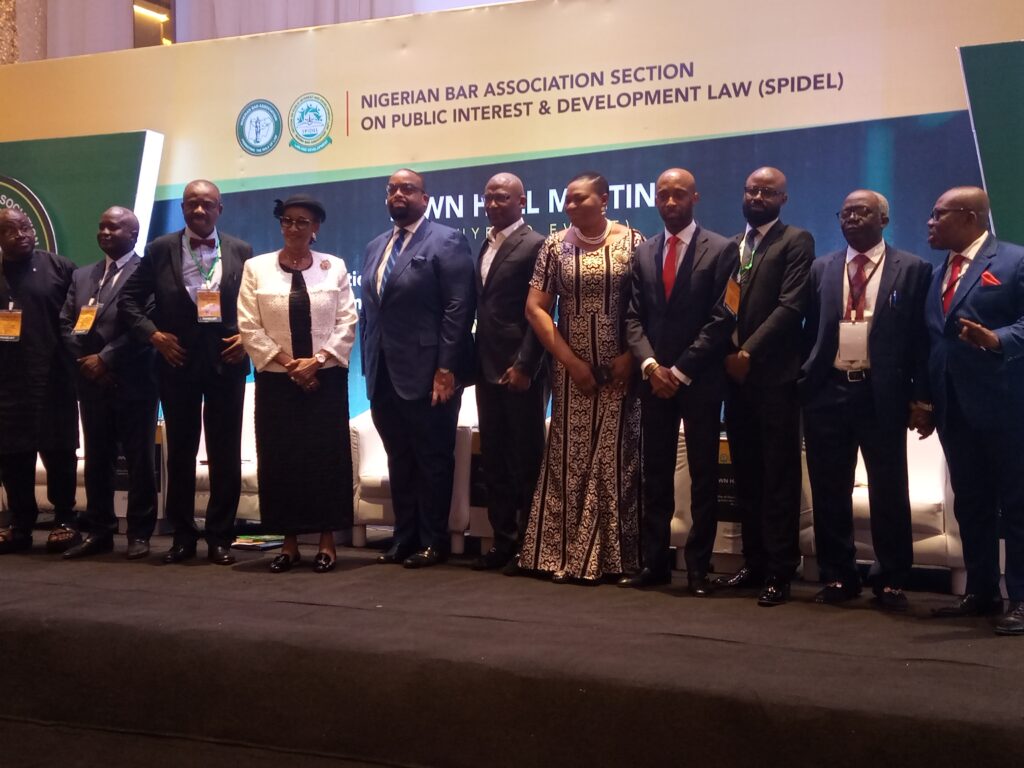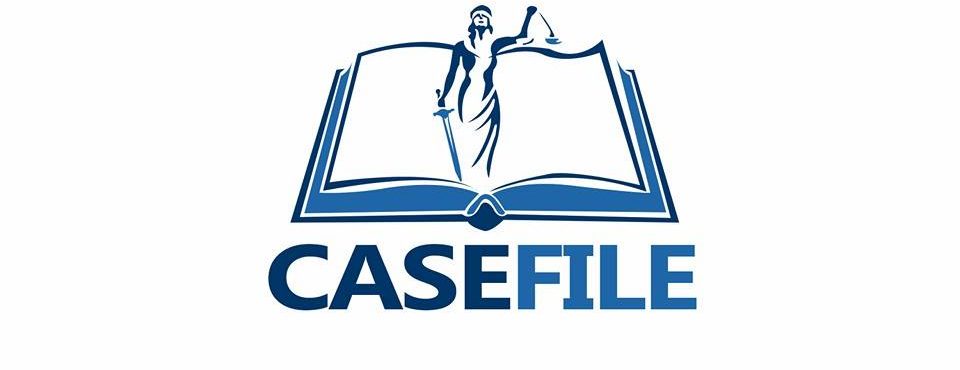Have you ever heard that a part of the Constitution of the Federal Republic of Nigeria, 1999, is unenforceable?
Probably not. But really, Chapter two of the Constitution, titled: ‘Fundamental Objectives and Directive Principles of State Policy, happens to be the law government say is not enforceable.

In summary, Chapter 2 of the Constitution provides thus: “Sovereignty belongs to the people of Nigeria from whom government through this Constitution derives all its powers and authority. Security and welfare of the people shall be the primary purpose of government and the participation by the people in their government shall be ensured in accordance with the provisions of this Constitution.
Composition of the Government of the Federation or any of its agencies and the conduct of its affairs shall be carried out in such a manner as to reflect the federal character of Nigeria. There is a need to promote national unity, and also to command national loyalty, thereby ensuring that there shall be no predominance of persons from a few states or from a few ethnic or other sectional groups in that Government or in any of its agencies.
It further states “that the State shall provide adequate facilities for and encourage free mobility of people, goods and services throughout the federation and secure full residence rights for every citizen in all parts of the federation. Government shall encourage inter-marriage among persons from different places of origin, or of different religious, ethnic or linguistic associations or ties and promote or encourage the formation of associations that cut across ethnic, linguistic, religious and or other sectional barriers. The state shall foster a feeling of belonging and of involvement among the various people of the Federation, to the end that loyalty to the nation shall override sectional loyalties and the State shall abolish all corrupt practices and abuse of power.”
This provision in the law is often violated by public officers as they rely on the caveat in Section 6(6)(c) which serves as an ouster clause, limiting the judicial powers of the courts as to enforcing the provisions or deciding upon whether the act or omission of any authority or person is in line with the Chapter 2 of the Constitution.
However, lawyers are determined to ensure the justiciability of the law in Chapter two of the Constitution of the Federal Republic of Nigeria, 1999, because depriving the citizens of their social, economic rights due to non-compliance with courts judgements on infractions is doing the masses no good.
Considering the Fundamental Objectives and Directive Principles of State Policy as contained in Chapter 2, the government is obligated to provide education and social welfare to the citizens.
However, the caveat in the constitution in Section 6(c) would only provide government with the opportunity to deny Nigerians such rights by stating that government cannot be taken to court to answer questions as to why they did not comply with the constitutional provisions.
To change such unprecedented narratives, one of the lead presenters at the Hybrid/In-person event organised by the Nigerian Bar Association of Nigeria,NBA, held a Town Hall on Monday in Lagos, where the Executive Secretary, Nigerian Human Rights Commission, Anthony Ojukwu (SAN), advocated for the justiciability of Chapter 2 of the 1999 Constitution in order to ensure a responsible government in the country.
He said, “The pragmatic way to go is to make sure that our elected representatives, our elected executives are made to abide by their oath of office, abide by the constitution, because the constitution says that every organ of government, everybody is supposed to apply Chapter 2 of the 1999 Constitution in governance, and that is the so-called dividend of democracy.
“So, if people don’t realise the dividends from Chapter 2, they have no take away, there is nothing their for them.
“And of course like you said if there are judgements and people don’t reap the fruit of these judgements, it makes nonsense of Chapter 2.
“What we have to do is to start holding our our elected representatives responsible.
“If a judgement is given and there is any official of government who has the duty to implement that and he doesn’t do that, we have the duty to sue that person and you know that it is not only under the Constitution that you can sue for Chapter 2.
“The trends of the cause is that if you sue under the African Charter on Human and Peoples’ Rights, these economic rights are justiciable, so by the time you get a judgement on African Charter on Human and Peoples’ Rights and there is an official who has a duty to make sure that that judgement is still effective and it is not done, our lawyers and our courts should be proactive to take it against that office, by suing that office either for contempt of court or enforcement of those rights.
“I think if we can adopt some of these proactive ways, there will be a change because what it is now is that we keep begging for our rights to be enforced, we keep begging for these judgements to be enforced but I think we should change the pattern going forward and I believe we will get some results.”
Hon. Justice Helen Ogunwumiju of the Supreme Court of Nigeria who chaired the town hall meeting said that the society expects that the three arms of government not shy away from these laws, the three arms of government should elevate the law.
The NBA President Mr. Olumide Akpata at also said that the association will ensure that their members in the National Assembly understand how and what they should be voting for at the forthcoming voting and passage of local government, judiciary and States House Assembly, total autonomy from both Federal and State governments’ interference.

Chairman of the Nigerian Bar Association Section on Public Interest and Development Law, NBA-SPIDEL, Mr. Monday Onyekachi Ubani advocated for adequate enforcement of Chapter Two of the 1999 Constitution to promote socio-economic rights of citizens.
He said the chapter should be the focus and fulcrum of every government.
“As fundamental as these socio-economic rights provided in the constitution appear on the face value, the same constitution divests the courts of their enforcement.
“The essence of this gathering is to remind major stakeholders in Nigeria that the time to enforce the terms of the Fundamental Objectives and Directive Principles of State policy, is now.”

Discussants who brainstormed at the meeting include Mr. Femi Falana, SAN who led one of the presentations, Hon. Onuoha Ogwe, Chief Judge of Abia State, Suleiman Usman, SAN, Attorney General & Commissioner of Justice, Sokoto State, Kolawole Oluwadare, Deputy Director, Socio-Economic Rights and Accountability Project, SERAP, Rt. Hon. Oniofiok Luke, Chairman, House of Representatives Committee on Judiciary, Anthony Ojukwu (SAN), Yemi Adamolekun, Executive Director, Enough is Enough, EiE, Olawale Fapohunda, SAN, Attorney General & Commissioner of Justice, Ekiti State, who joined virtually.
Others are Samson Itodo, Yiaga Africa who joined the event virtually, Soji Apampa, CEO, Integrity Organisation and Cecilia Aransiola, Amnesty International.


